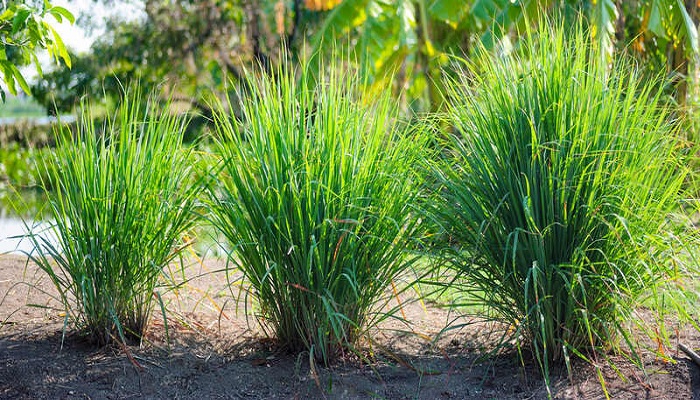Lemongrass is a tropical, evergreen perennial grass that is widely grown in the tropics, subtropics, and milder temperate climatic zones. Growing it in your yard may come as a surprise, but it’s possible—even in a cool temperate area, as long as you move it indoors or give it some sort of protection during the winter.
Lemongrass is an important ingredient in many Asian dishes, and as you’ll see as you read on, it’s also useful in a variety of other ways. Here are a few reasons why you should plant lemongrass:
As a part of a container garden
Lemongrass is a versatile plant that can thrive in a variety of environments, making it a good option for a container garden.
Due to the plant’s ability to survive in dry environments and its preference for well-drained soil, it can be successfully cultivated in areas where water is scarce. Plants with reduced water requirements are typically a smart choice for gardening in containers, where watering can be more of a hassle.
Growing lemongrass typically requires its own pot. However, it is also effective as a companion plant with other spices and roots including ginger, turmeric, galangal, pigeon peas, and taro. And it does well in a container herb garden with other Mediterranean herbs like thyme, marjoram, and oregano.
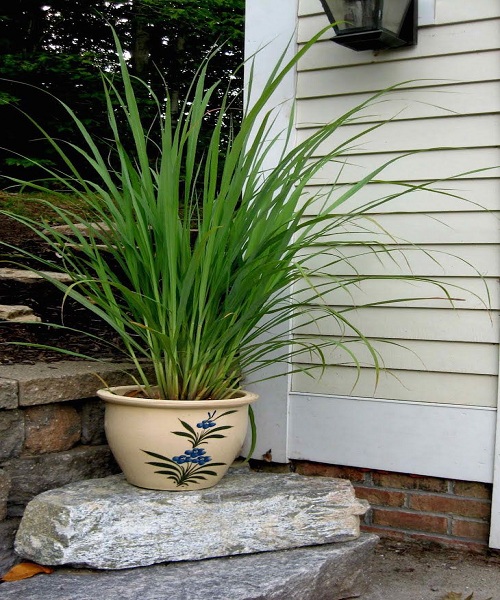
It Has a Wonderful Scent
Its pleasant aroma is another reason to cultivate lemongrass, regardless of whether you can grow it in the ground or only in pots, under cover, or inside. The citrusy aroma of lemongrass can be enjoyed by placing some of it near a seating area. The fragrance has the potential to be calming and pleasant, making it a welcome addition to any home or outdoor space.
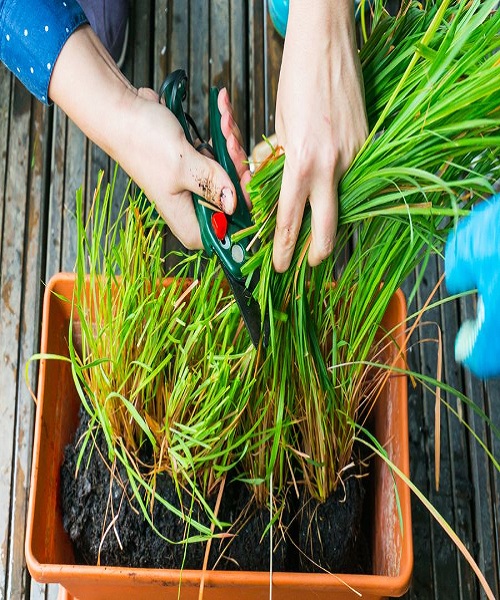
To prevent soil erosion and serve as a ground cover
If you live in a warm enough region, lemongrass grows well in the ground and makes a great addition to any outdoor garden.
When used as a ground cover and erosion control measure, it can be beneficial in hot temperate and tropical areas. Because of its extensive root system and clump-forming spreading behavior, this plant can aid in soil stabilization. Keeping the soil surface covered might also aid in water retention.
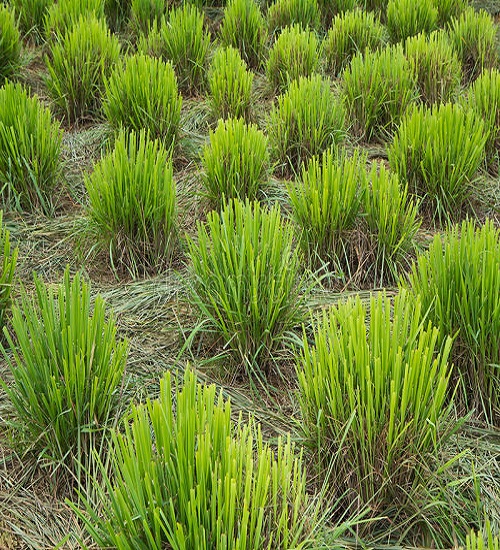
Revitalizing Decaying Soil
Growing lemongrass in the ground is an excellent option for revitalizing poor soil in climates where it may thrive.
The plant multiplies rapidly, producing a great deal of organic materials to decompose and improve the soil. As a dynamic potassium accumulator, it is fairly efficient.
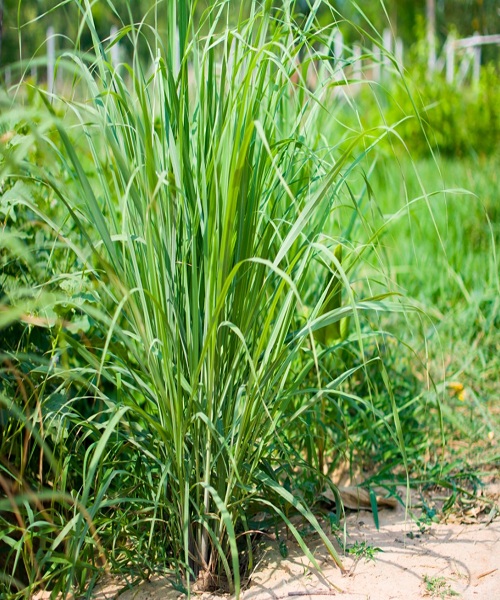
Used for Framing Beds and Borders
When used as a living bed edging or border, lemongrass is a valuable addition to gardens in warmer climes. Used as a barrier, it limits the spread of plants that may otherwise take over an area, such sweet potatoes.
Because of how it grows, it can be used to keep invasive plants from taking over an entire garden or moving across walkways. It can also serve as a physical barrier to prevent weeds from entering a garden.
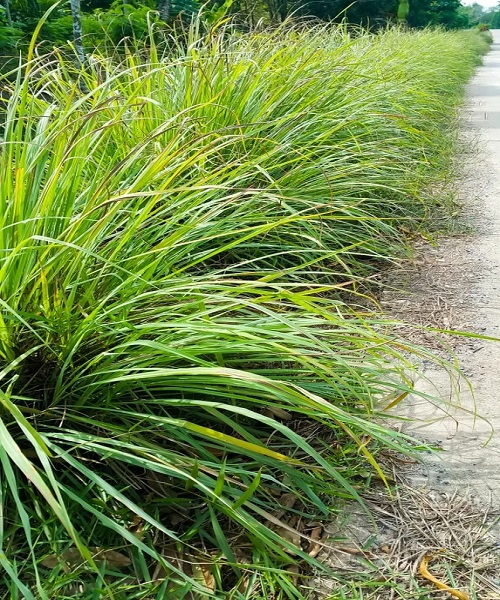
To Keep Away Pests
Because of its ability to deter pests, lemongrass is a great companion plant whether it’s being grown in the ground or in containers. Pest insects such as mosquitoes, stable flies, and even beneficial insects like whiteflies and aphids are all repelled by the citronella in lemongrass.
Citronella can be extracted from the plants to make citronella candles or infusions, both of which can be used to deter insects from certain plants and from entering the home.
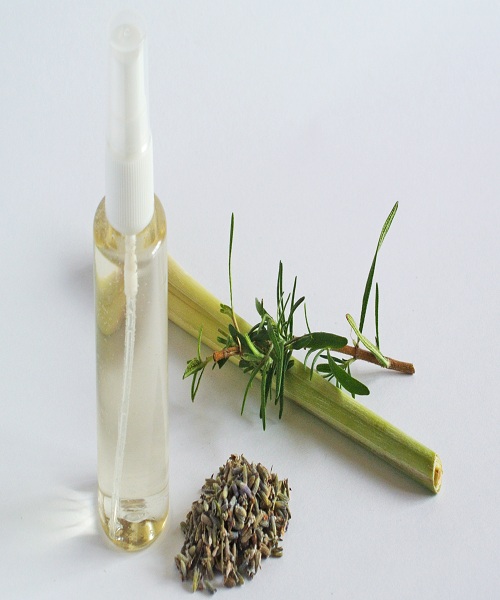
Used in the Kitchen
It’s common knowledge that lemongrass is grown for its culinary use.
The tender core of the new shoots can be cooked and enjoyed as a vegetable. The leaves can be cooked like spinach or used to make a nutritious tea. Older leaves are utilized in dishes (similar to bay leaves) and then removed before consumption, while the younger, more tender leaves are used to add a lemon-like aroma and flavor.
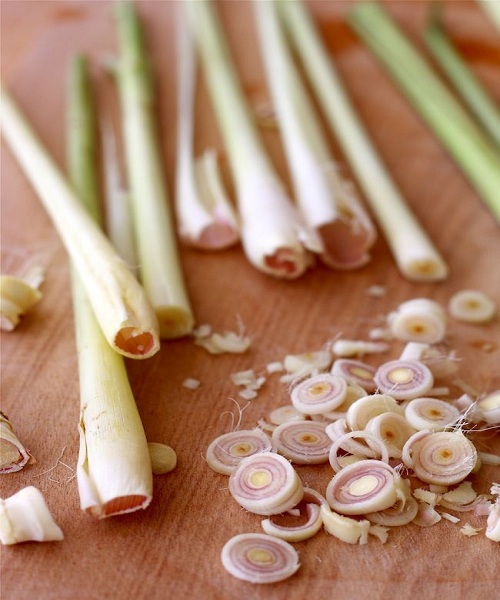
Natural Medicinal Purposes
There are several ways in which lemongrass can be put to good use as a natural remedy. Brewing the leaves of this plant into tea is said to help with stomachaches and bloating. It is also prescribed for children with low-grade fevers. Spasms are eased, and sweating is boosted, thanks to the leaves.
The essential oil extracted from lemongrass is also highly valuable. This is effective against bacteria and fungi. Applied topically after proper dilution in a carrier oil, this essential oil is effective against a wide variety of fungal infections such as athlete’s foot, ringworm, scabies, and lice. Also, it can be used to help alleviate the discomfort of arthritic joints.
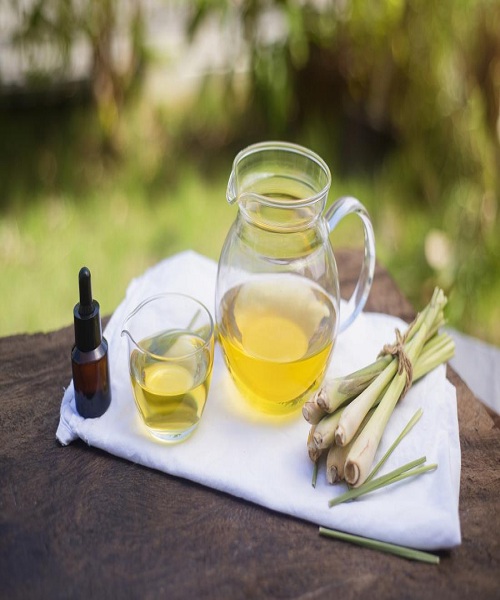
Make Environmentally Safe Cosmetics and Household Goods
Cleaning surfaces with lemongrass is only one of its many uses. It’s also fantastic for creating all-natural cleaning and beauty products at home.
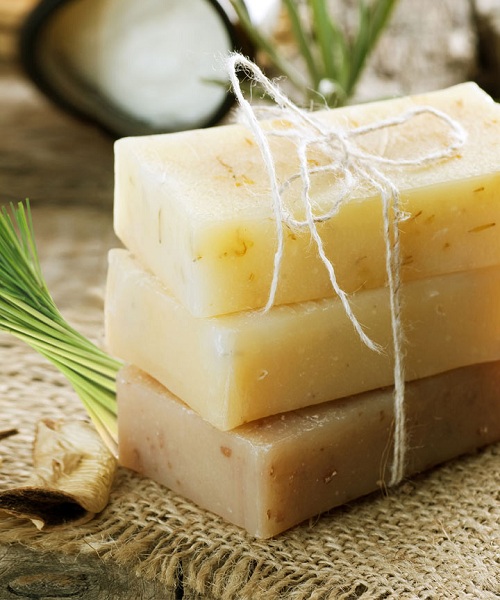
Preparing Natural Household Cleaners
Because of its ability to kill bacteria and fungi, lemongrass can be utilized in all-natural cleaning solutions.
The essential oil may be added to a solution of vinegar and water for cleaning a variety of surfaces. To a mixture of 4 liters of water and 1 liter of vinegar, add 30 drops of lemongrass essential oil.

